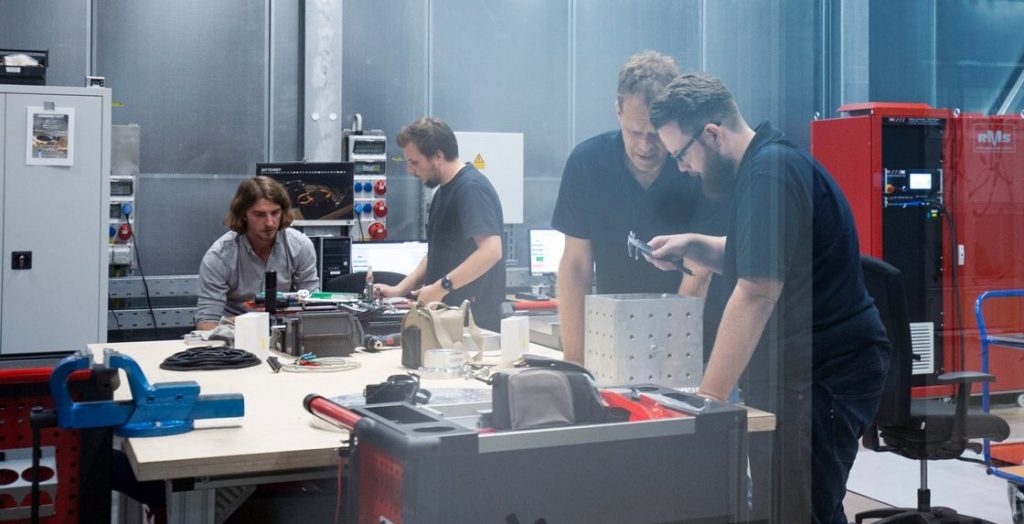Beyond Ruggedness – Mechanical Shock Testing Redefines Product Endurance
In the fast-paced world of technological advancements, consumer demands for durability and reliability have never been greater. With products becoming increasingly integrated into our daily lives, from smartphones to industrial machinery, manufacturers face mounting pressure to deliver devices that can withstand the rigors of real-world environments. Beyond ruggedness, mechanical shock testing has emerged as a vital tool in redefining product endurance and ensuring that the devices we rely on can withstand the harshest conditions. Mechanical shock testing is a process designed to evaluate a product’s ability to endure sudden, jarring impacts during its lifetime. These shocks can result from drops, collisions or vibrations during transportation, handling or even accidental falls. By subjecting products to simulated shock events, engineers gain critical insights into the weaknesses and vulnerabilities of their designs. Armed with this knowledge, they can make informed decisions about material selection, structural integrity and overall product robustness.

The testing process begins by setting specific shock parameters based on the intended use and environmental conditions the product will encounter. Engineers use advanced testing equipment, such as shock machines or drop towers, to apply precise and repeatable shocks to the test samples. The shocks can range in intensity and direction, replicating a wide array of real-world scenarios. High-G impacts, free-fall drops and multi-axis simulations are just some of the rigorous tests that products undergo. One of the key aspects of mechanical shock testing is the standardization of protocols. Various organizations, such as the International Electrotechnical Commission (IEC), the Institute of Electrical and Electronics Engineers (IEEE) and the American Society for Testing and Materials (ASTM), have developed industry-accepted guidelines for conducting shock tests. Adhering to these standards contact ats labs ensure that products are evaluated consistently and objectively, allowing for accurate comparisons between different designs and manufacturers.
Beyond merely assessing a product’s physical durability, mechanical shock testing has far-reaching implications for enhancing overall product performance. Manufacturers can use the data generated from testing to fine-tune product designs, leading to more reliable and safer devices. In industries where product failures can have catastrophic consequences, such as aerospace or medical devices, mechanical shock testing becomes indispensable for regulatory compliance and customer confidence. Moreover, mechanical shock testing plays a vital role in fostering innovation. By pushing products to their limits, engineers can identify potential weak points and explore novel solutions to overcome these challenges. It encourages the development of new materials with superior impact resistance and inspires creative engineering approaches that drive the industry forward. In conclusion, beyond ruggedness, mechanical shock testing has become an essential pillar in the pursuit of durable and dependable products. As technology continues to evolve and consumer expectations rise, manufacturers must prioritize the endurance of their offerings. By subjecting products to controlled and rigorous shocks, engineers gain invaluable insights into their designs, paving the way for continuous improvement and innovation.
